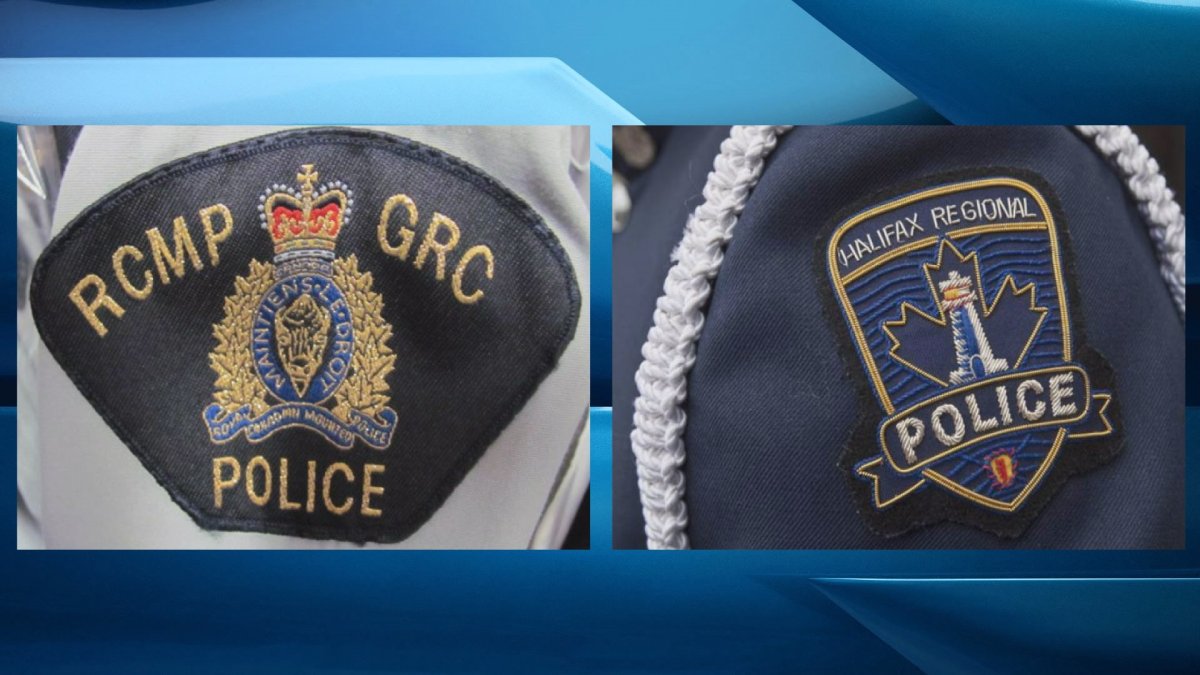HALIFAX – Canadian police forces are grappling with the tricky task of keeping the public safe against sexual assaults without placing blame on the victims of traumatic crimes.

It’s a delicate balance, as the Royal Newfoundland Constabulary recently found out after a public advisory warning about drugged drinks and potential sexual assaults in downtown St. John’s.
The advisory offered safety tips for women that included socializing only with trusted friends and never leaving a drink unattended – and the force followed up with a tweet showing a martini and the message “Don’t be a victim.”
READ MORE: ‘I never reported it because I felt that I would be blamed’: Your stories on sexual assault
“Classic example of #VictimBlaming … Why not advise people not to drug each other?!” tweeted SPAAT, a self-described feminist organization in St. John’s.
“Why is it up to women to always be on guard?” asked another post.
Lynn Moore, a lawyer specializing in sexual abuse litigation, said she found the image of the martini and its message particularly distressing.
“The message is that people have control over whether or not they’re victimized and I don’t think that people do,” Moore said from Mount Pearl, just outside of St. John’s.
Not everyone on social media was as critical. One person asked whether the police would be admonished for advising swimmers to be cautious at a beach where sharks have been spotted.
- What is a halal mortgage? How interest-free home financing works in Canada
- Capital gains changes are ‘really fair,’ Freeland says, as doctors cry foul
- Ontario doctors offer solutions to help address shortage of family physicians
- Budget 2024 failed to spark ‘political reboot’ for Liberals, polling suggests
“Let’s educate people on ways to protect themselves from these predators, let’s not condemn for trying to help,” tweeted another.
READ MORE: Trinidad mayor blames woman killed at Carnival for her own death
But Moore said police forces should handle advisories about sexual assaults the same way they deal with impaired driving.
“The message with drinking and driving is not to stay off certain streets at certain times to other drivers or pedestrians – the message is don’t drink and drive.”
The force was quick to defend its actions, saying it was not blaming victims, but merely spreading awareness and offering suggestions for prevention. It held a news conference the next day to respond to the criticism.
Police Chief William Janes was unavailable for an interview but said in an emailed statement the force believes the blame lies with people who commit sexual assaults and not their victims.
“It was not our intent to blame victims and we do appreciate and respect the perspective of others who are concerned about victim-blaming,” he said.
It’s not the first time a police force or legal authority has landed in hot water over advice related to sexual assaults.
READ MORE: This is what it’s like to take your rape to court
In 2011, a Toronto police officer told a group of university students that women should avoid dressing like “sluts” to avoid being raped. Const. Michael Sanguinetti later apologized and was disciplined but remained on duty.
Sanguinetti’s remarks spawned the international SlutWalk movement, designed to bring awareness to sexual violence all calling for an end to victim-blaming and slut-shaming.
There’s also the well-publicized case of Federal Court Judge Robin Camp in Alberta, who asked a sexual assault complainant why she couldn’t keep her knees together.
An inquiry is being held to determine whether Camp, who made the comments in 2014 as a provincial court judge in Calgary, should be removed from his job.
Halifax Regional Police have deliberately changed their messaging in the last couple of years when it comes to sexual assaults to place the focus on the actions of the perpetrator instead of the victim.
The force regularly seeks advice from the Avalon Sexual Assault Centre and has enrolled officers in trauma-informed training to better understand the emotions of victims.
Deputy Chief Bill Moore said more than ever, police are being held accountable for their actions – particularly when it comes to how they deal with victims or potential victims.
“Words do matter,” he said.
In the past, a press release may have stated that a sexual assault victim was walking late at night in a dark area. Now police focus on what the perpetrator was doing.
It’s a slight change, but one that’s important, said Moore. He said making victims feel comfortable and respected is especially important given that sexual assaults are one of the most underreported crimes.
“At the end of this, in a lot of these cases, the victims have done nothing wrong. They’re living their life and doing their thing. It’s not for us to lay that level of blame on them.”
Jackie Stevens, executive director of the Avalon Sexual Assault Centre, said safety tips might be practical, but they don’t get at the root of the problem.
“Victims don’t have control over other people’s actions,” she said.



Comments